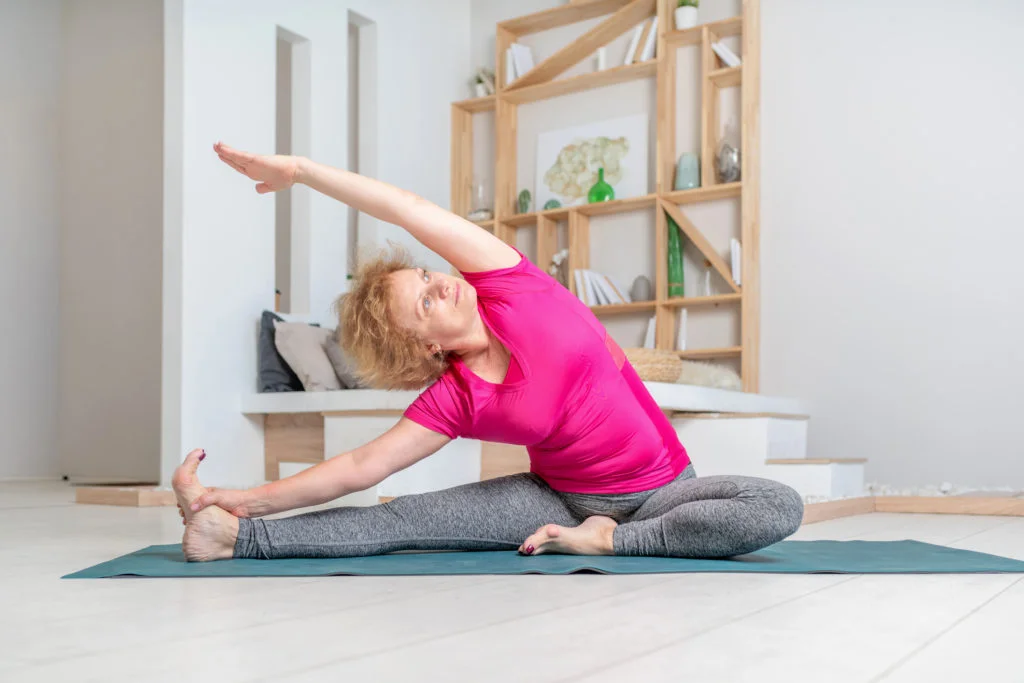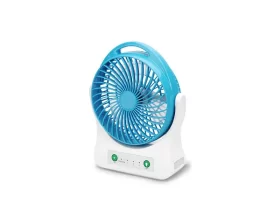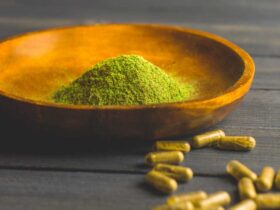As people get older, maintaining an active mind and body becomes crucial for overall being. Engaging in various activities can help enhance cognitive function, physical health, and emotional stability. Here are some effective activities to keep both your mind and body active as you get older.
Physical Activities
- Walking: Walking is a low-impact exercise that can be easily incorporated into daily routines. It improves cardiovascular health, strengthens muscles, and enhances mood. Try to get at least 30 minutes of brisk walking in on most days of the week.
- Strength Training: Incorporating strength training exercises, like lifting weights or using resistance bands, helps look after muscle mass and bone density. This reduces the risk of osteoporosis and enhances overall strength, balance, and coordination.
- Yoga and Tai Chi: Both yoga and Tai Chi are excellent for improving flexibility, balance, and mental clarity. These practices involve gentle movements and stretches that promote physical strength and relaxation. They also help reduce stress and improve concentration.
- Swimming: Swimming is a full-body workout that is easy on the joints. It improves cardiovascular health, builds muscle strength, and enhances flexibility. Aqua aerobics is another good option, providing similar benefits in a more structured class setting.
- Gardening: Gardening combines physical activity with mental engagement. Tasks such as digging, planting, and weeding involve various muscle groups and promote fine motor skills. Gardening also gives you a sense of accomplishment and can reduce stress. Gardening is an activity that many older people can still do when they’ve moved into a care home like ivybankhouse.co.uk. This type of enrichment is excellent for looking after wellbeing.
Mental Activities
- Reading and Writing: Reading books, newspapers, or magazines stimulates the brain and improves knowledge. Writing, whether journaling, composing poetry, or authoring articles, helps maintain cognitive function and fosters creativity.
- Puzzles and Games: Engage in puzzles like crosswords, Sudoku, or jigsaw puzzles to keep the mind sharp. Board games and card games that require strategic thinking and problem-solving skills also contribute to cognitive health.
- Learning New Skills: Continuing to learn new skills or hobbies can significantly boost brain function. This could include learning a language, playing an instrument, or taking up a new craft such as knitting or painting. Online courses and local community college classes offer numerous opportunities for lifelong learning.
- Social Activities: Staying socially active is vital for mental health. Join clubs, volunteer, or take part in community events to meet new people and maintain social connections. Social interactions stimulate the brain and can help prevent feelings of isolation and depression.
- Mindfulness and Meditation: Practicing mindfulness and meditation helps reduce stress, improve concentration, and enhance emotional wellbeing being. Even a few minutes a day can make a big difference in mental clarity and overall mood.
Combined Activities
- Dancing: Dancing is a great way to combine physical exercise with mental engagement. It improves cardiovascular health, coordination, and balance while also challenging the brain with rhythm and memory.
- Playing Sports: Engaging in sports like tennis, golf, or pickleball can keep both the mind and body active. These sports require physical movement and strategic thinking, providing a comprehensive workout.
- Travel and Exploration: Traveling, whether locally or internationally, stimulates the mind through new experiences and cultures. Exploring new places, trying new foods, and meeting different people can invigorate the senses and keep the mind active.
Incorporating a variety of these activities into your routine can lead to a healthier, more fulfilling life as you age. By staying physically active and mentally engaged, you can enjoy greater wellbeing and a higher quality of life well into your senior years.











